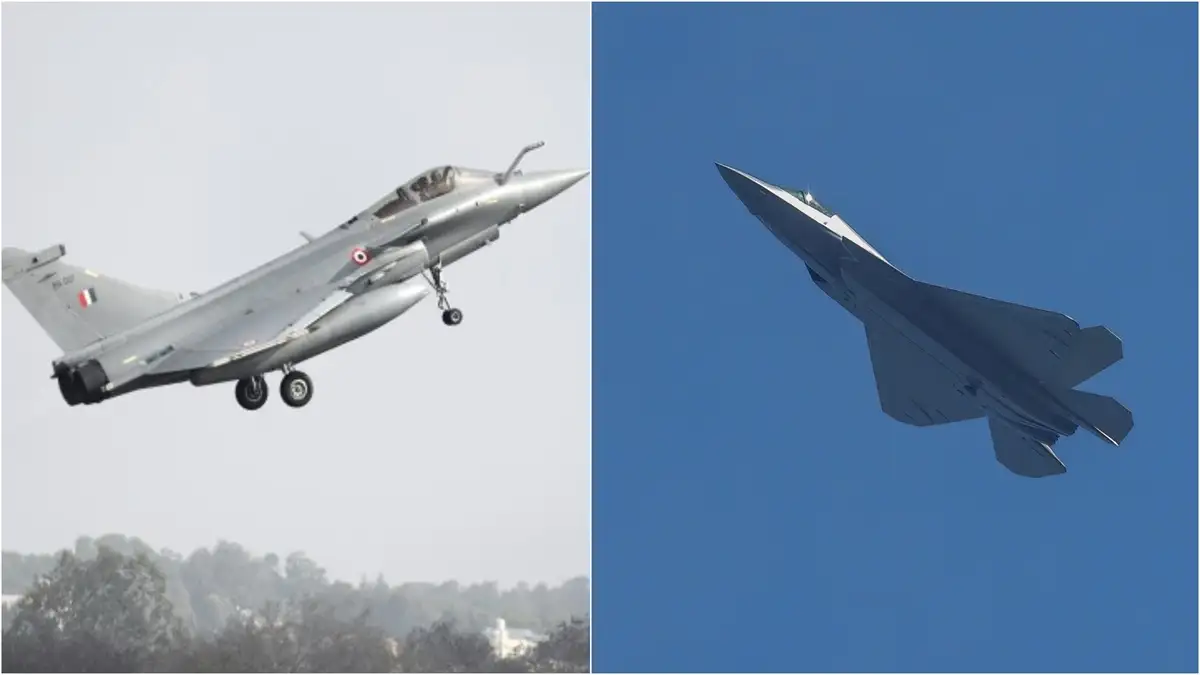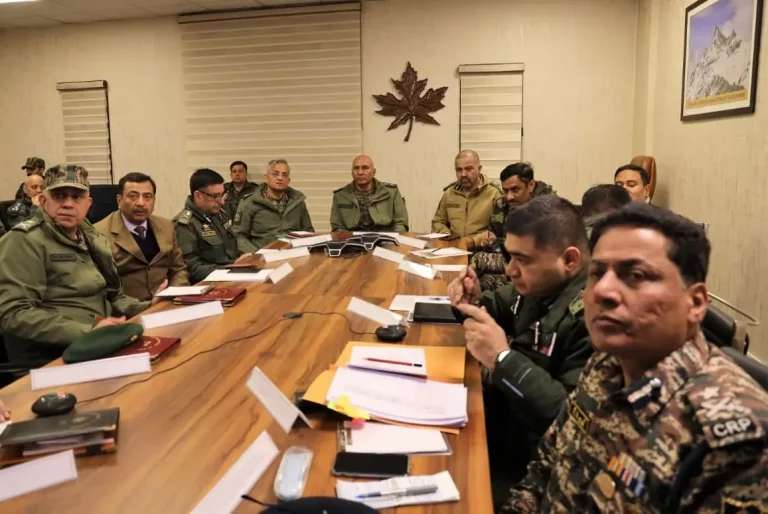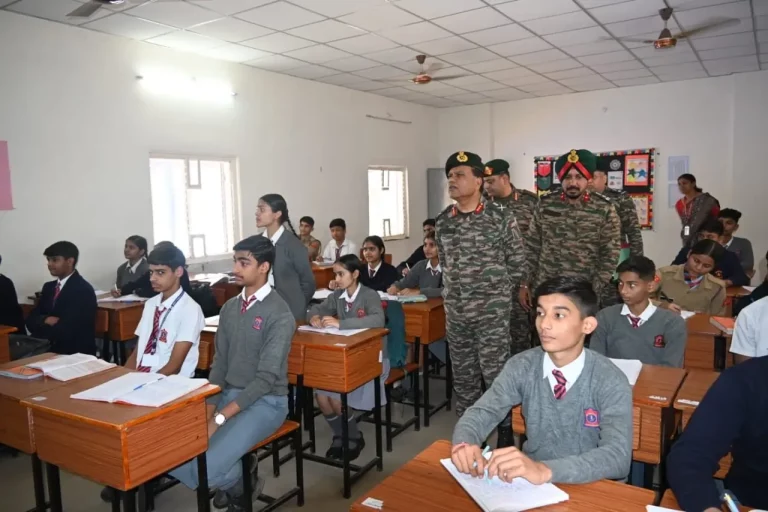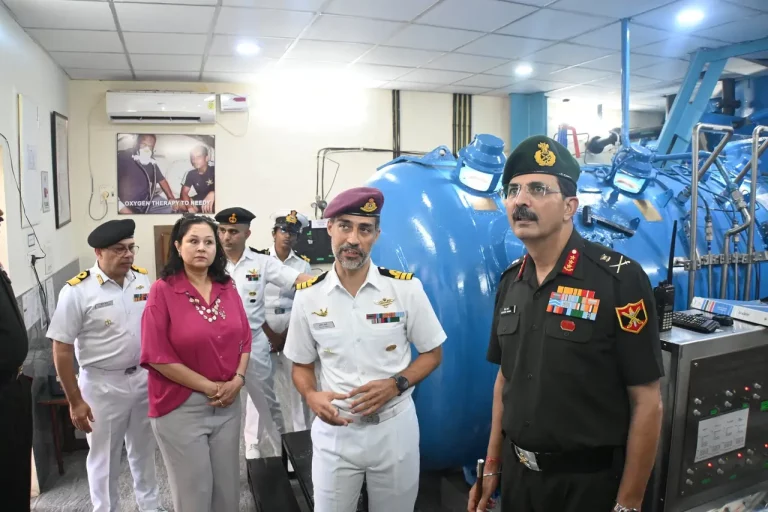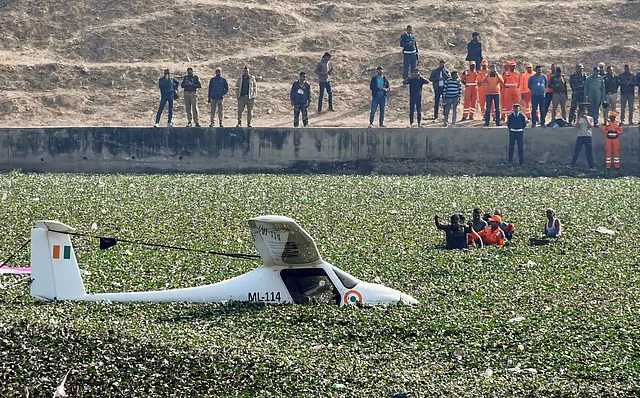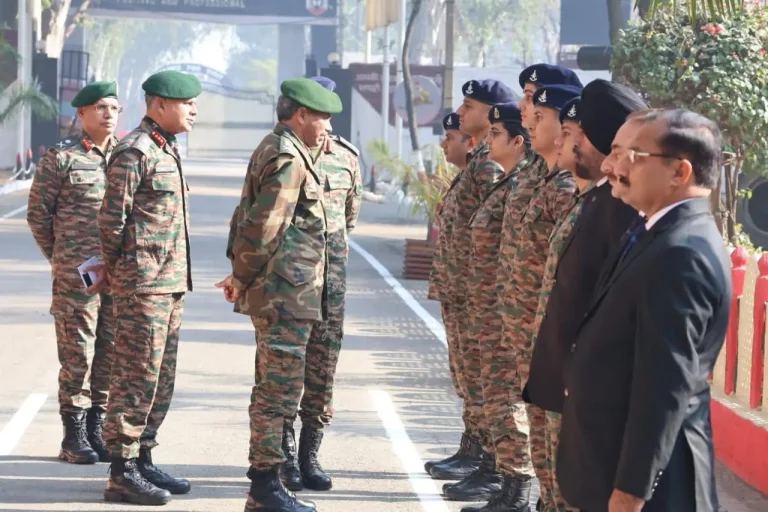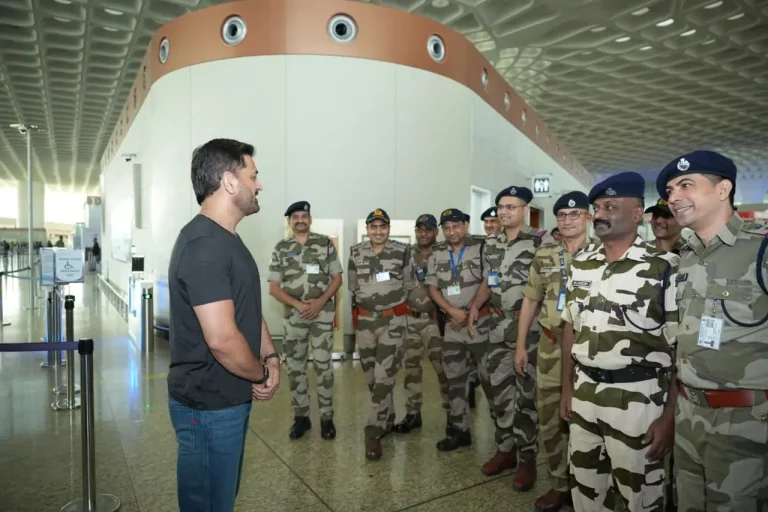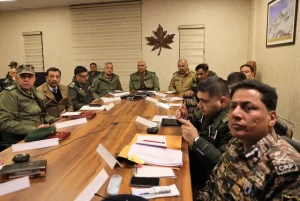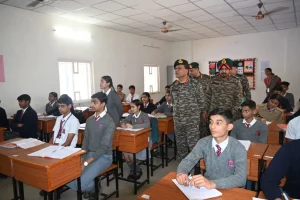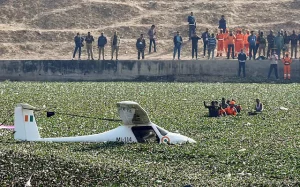The United States–China Economic and Security Review Commission has released a report alleging that China has orchestrated a sophisticated disinformation campaign targeting India’s Rafale fighter jet program and aiming to influence defense markets throughout Asia. According to the findings made public on Wednesday, the campaign is said to have emerged in the wake of the brief conflict between India and Pakistan in May 2025, highlighting a coordinated effort by Beijing to manipulate public perception in favor of its military assets.
The report details the use of fake social media accounts and AI-generated imagery by Chinese operatives to spread false claims about the reliability of Rafale jets, suggesting that these aircraft had been taken down during the conflict. This misinformation campaign sought not only to discredit the French-made Rafale jets but also to elevate the status of China’s indigenous J-35 fifth-generation fighter in the defense market.
Investigators found that doctored images purporting to show Rafale wreckage circulated widely online, indicating an intention to sway defense procurement decisions in a region where competition for fighter jets is fierce.
One particularly troubling revelation from the report is that Chinese diplomatic maneuvers reportedly succeeded in persuading Indonesia to halt its Rafale procurement process. This development is believed to have increased the prospects for Chinese military platforms, specifically the J-35, in Southeast Asia. The Commission connects this diplomatic pressure to China’s broader strategy of marginalizing Western defense suppliers through economic incentives, political influence, and digital propaganda to promote systems developed by Shenyang Aircraft Corporation.
The findings also illuminate heightened military collaboration between China and Pakistan in 2024 and 2025. Key events include the Warrior-VIII joint counterterrorism exercise held in late 2024, as well as China’s participation in Pakistan’s AMAN naval exercise in February 2025. In June of this year, China is alleged to have offered Pakistan a significant defense package consisting of 40 J-35 stealth fighters, KJ-500 airborne early warning aircraft, and ballistic missile defense systems. This package comes at a time when Pakistan announced a 20% increase in its defense budget for the fiscal year 2025–26, rising to USD 9 billion, despite the country facing broader economic challenges.
The timing of the report’s release coincides with remarks made by US President Donald Trump, who claimed to have personally intervened to prevent a full-scale war between India and Pakistan during the May 2025 confrontation that stemmed from India’s Operation Sindoor. Speaking alongside Saudi Crown Prince Mohammed bin Salman, Trump asserted that his interventions had “stopped eight wars,” singling out the India-Pakistan conflict as a highlight. The Indian government, however, has consistently rejected such assertions, stating that de-escalation was achieved through its own calculated military and diplomatic efforts.
As the Commission concludes, China’s alleged disinformation campaign illustrates a broader strategy aimed at undermining Western defense influence and challenging India’s air superiority in the Indo-Pacific region. With Rafale jets being central to India’s advanced air combat capabilities, Beijing’s efforts to undermine their credibility align closely with its long-term strategic objectives in South Asia and beyond. The findings underscore the evolving landscape where information warfare, defense economics, and geopolitical rivalry are increasingly intertwined, significantly influencing procurement decisions, alliances, and regional power dynamics.
